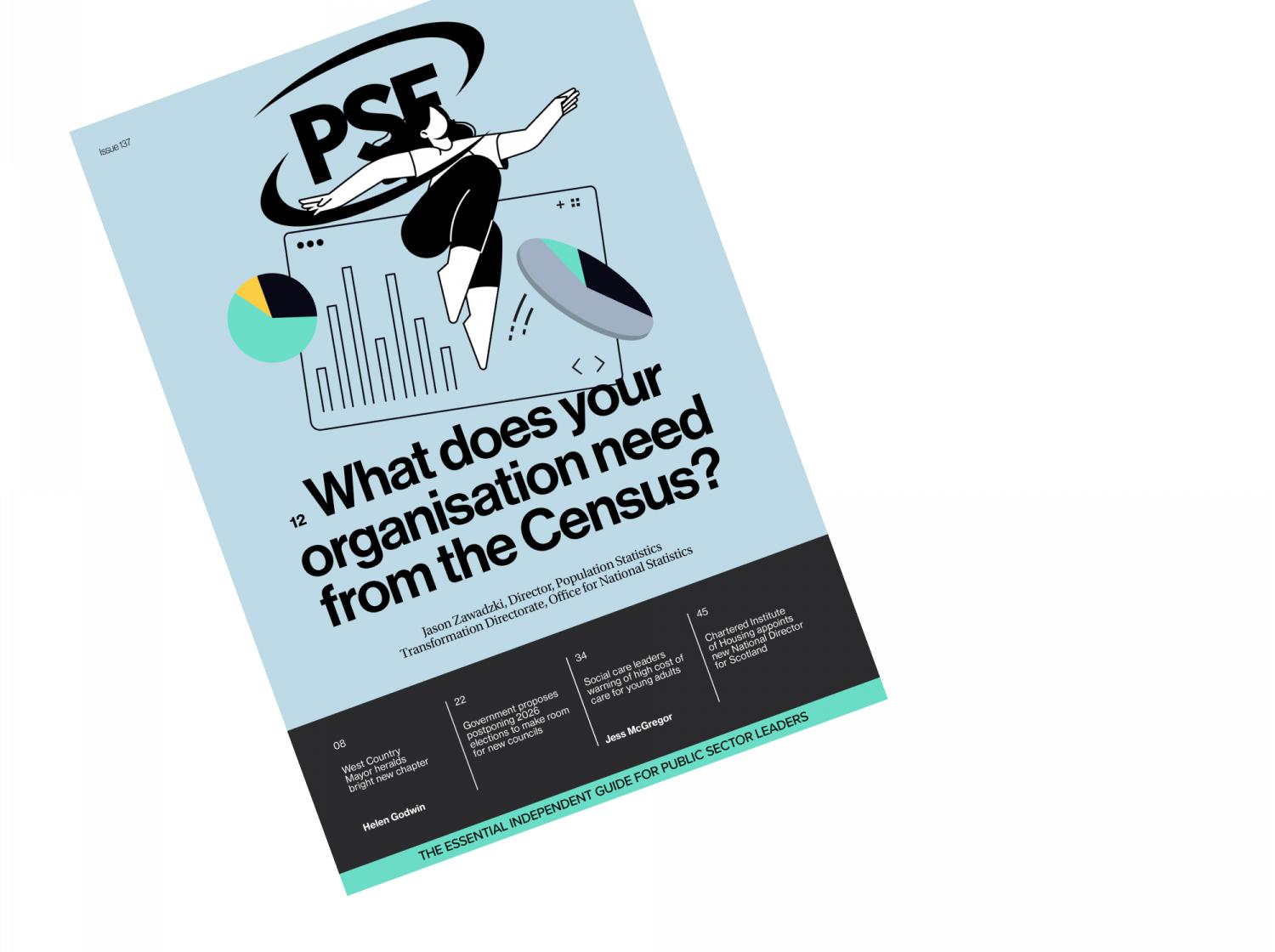The world of work is changing and a BTEC qualification can offer employers the knowledge, skills and behaviours needed for the changing jobs market.
Nearly a million learners across the globe completed BTEC courses over the past year, with students across the UK choosing a career-focused qualification, which are a vital route for those pursuing careers in sectors, such as public service, IT, business, the creative industries, healthcare, engineering and construction.
As the UK looks to kickstart projects to speed economic recovery, it’s especially important in the current climate for students to be able to have the right skills required for ‘building back better’.
However, recent government plans to remove funding for the majority of BTEC qualifications will hit the most disadvantaged young students the hardest, according to various unions and sector representatives.
No less significant is the enormous change to the jobs market in the past 10-15 years, a trend which coronavirus has only accelerated.
And just as new jobs and careers are created and formalised, opportunities in traditional industries are often either harder to come by or totally unviable.
The so-called ‘fourth industrial revolution’ means the careers on which most schoolchildren will eventually embark are both fast-changing and uncertain, and having to make a firm early choice in their future path is becoming increasingly difficult.
A broader career-focused route gives young learners the opportunity to learn about a sector first and then decide on their career path after their course.
Following a career-focused route also means young learners have greater progression opportunities at 18 years old.
Crucially, it also means that many adults find themselves in a situation where they either should or do need to reskill or retrain in an industry with more promise.
Any adult provision will need to be flexible and accessible.
Job roles are changing and flexing with the advancement of technology, changing demographics and changing consumer behaviour.
Our nation’s future workforce will need to be always learning, to be able to adapt and respond to a dynamic labour market where unskilled jobs will be rendered obsolete, new jobs will be invented and the human-centred professions, including teaching, will grow.
But it’s not just the choice of student learners that needs to be flexible.
Employers require a workforce with the knowledge, technical skills and employability skills required for job roles that are going to continue to change.
A worker or employee with industry-related career skills, rather than occupational skills, is far more valuable because they can more easily be redeployed offering employers more value in the long-term.
Equal access to learning is seen as key.
In the UK and across the globe, many do not believe that everyone has equal access to education, which is critical for future success.
Claire Rogers, Interim Senior Vice President of BTEC and Apprenticeships for Pearson said:
“It’s crucial that young students and adult learners are offered a broad range of qualifications that suit their learning needs at a time that also suits them.
"In a society that is striving for inclusion and access for all, a BTEC qualification can ensure no one is disadvantaged when opting to choose a career that they want to follow.”
Jonathan Ledger, Skills Specialist at the Department for International Trade added:
“I must emphasise the importance of BTEC as a career-focused type of qualification and that for me is key.
"This is all about delivering the right skills to the right people at the right time in the right way and BTEC qualifications do just that.
For me, BTEC qualifications are a game changer.
"They change lives and they help people improve and contribute to business and society in a big way.”



















